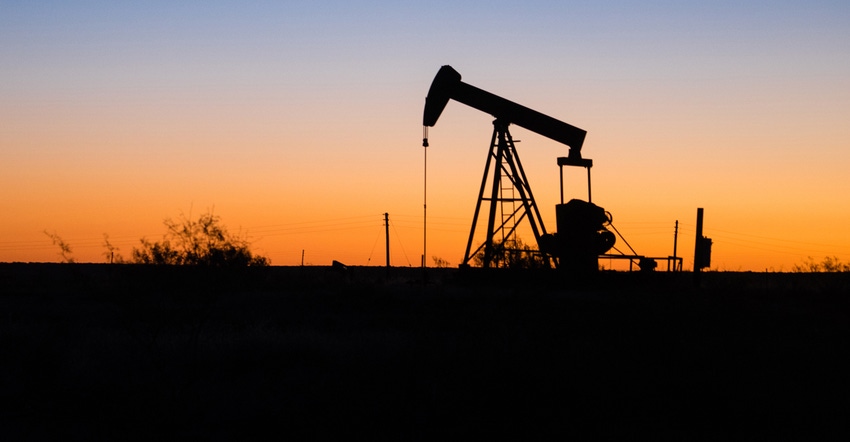
The past few years have been challenging times for the Kansas economy. It may get worse before it gets better.
Aside from the state budget woes that were self-inflicted by the Sam Brownback administration, the state is experiencing a double whammy from a prolonged slump in commodity prices and in falling prices for oil and gas, two of the state's three supporting "legs." Steep tariffs on steel and aluminum and a deepening trade war add a kick to the third leg, manufacturing.
In 2016, voters fought back against the Brownback agenda, electing a legislature that overturned his tax cuts and even overriding a veto. In November, voters rejected Republican Kris Kobach, who campaigned on a promise to restore tax cuts and reduce spending, instead electing Democrat Laura Kelly to the governorship and sending Democrat Sharice Davids to Congress from the 3rd District.
Across rural Kansas, there are growing rumblings of discontent with increasing economic problems stemming from federal policies.
President Donald Trump says he wants oil prices to fall to "rock bottom" and stay there, and he praised Saudi Arabia for helping make that happen while turning a blind eye to the brutal murder of Jamal Khashoggi, a U.S. resident journalist. And President Trump promised more and more tariffs on goods from China to escalate a trade war that is nothing but devastating to agriculture.
Maybe nobody has told him that oil and gas is a pretty important industry in rural America. It is especially vital in Kansas and other states with strong production, where oil and gas prices are not just critical to oil companies but also to the farmers who benefit from royalty payments and land leases — and who, in good times, can use profits from oil and gas to offset losses to low crop prices.
Secretary of Agriculture Sonny Perdue, at a press availability in Manhattan, Kan., said a second appropriation of support for farmers hit hard by the loss of commodity markets, especially for soybeans, won't be needed in 2019 because farmers have keen business acumen and will be able to make "planting decisions" in the spring based on market conditions.
Really, Mr. Secretary? How exactly is this supposed to happen? What commodity is immune to the loss of the Chinese market? Certainly not soybeans, exports of which are down 97% in the 2018 harvest year. Certainly not sorghum, which took the hit first and has been hit the longest. Certainly not cotton, which looks to Chinese mills and garment factories and those within their sphere in Southeast Asia. Corn has fared somewhat better because the biggest customers are Mexico, Japan and South Korea.
It may be fair to argue that the U.S. grew too dependent on the Chinese market. But maybe, just maybe, we should have lined up other markets before we blew off China. Maybe considering all the angles and the consequences would have been wise.
Sorghum analysts have mentioned the pressure to find new markets created by a loss of exports to China as a positive thing, but until those markets have grown exponentially, sales are still down and the glut of grain in storage holding down prices continues.
In the end, it's a matter of keeping farmers in business until those new markets materialize. Not everybody is going to make it, and those who don't are more likely to feel angry and cheated than patriotic. If we need to ask the American public for sacrifice, it needs to be fair across all of the country and all manner of occupations. In the current situation, agriculture is being asked to give far more than its share.
About the Author(s)
You May Also Like




